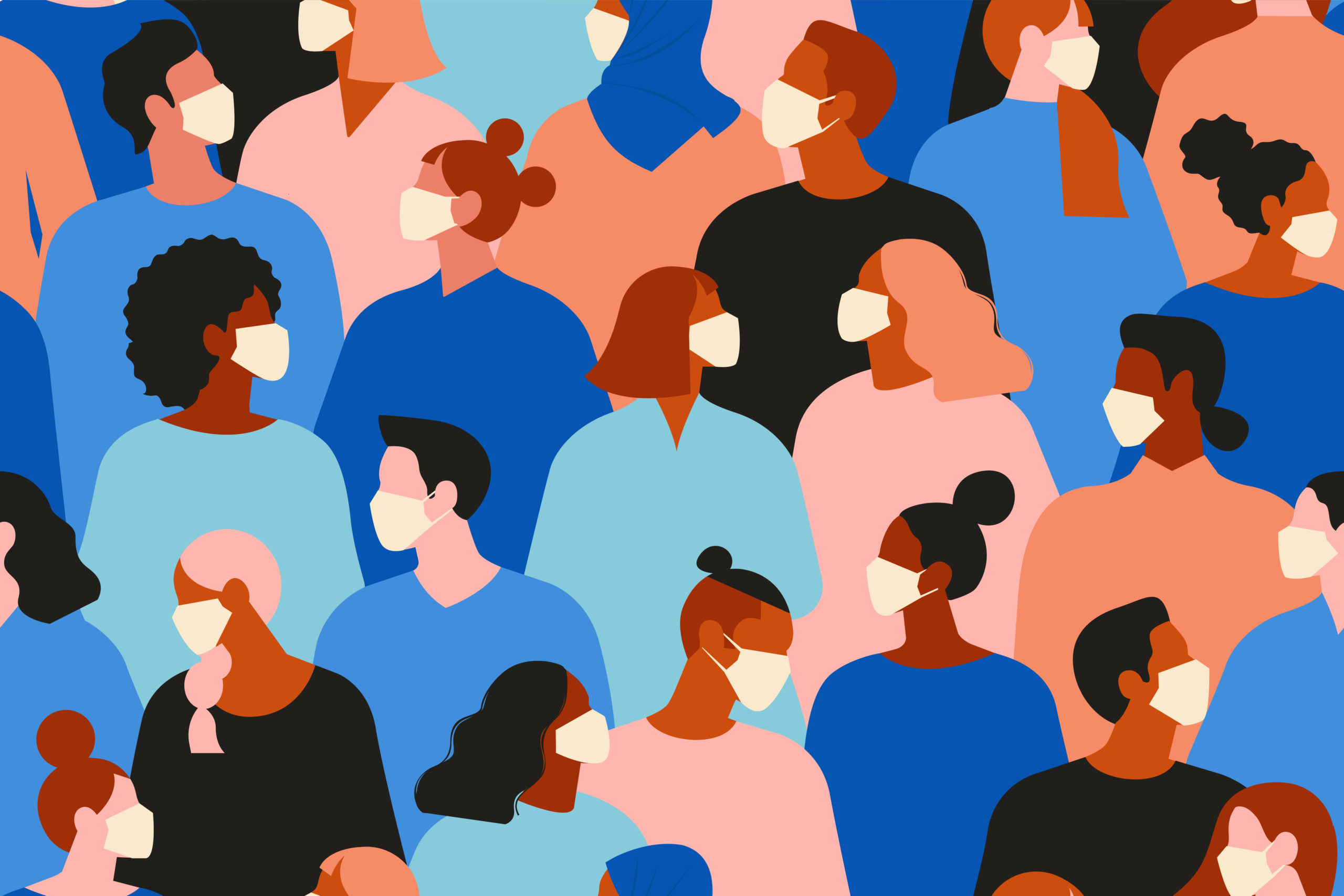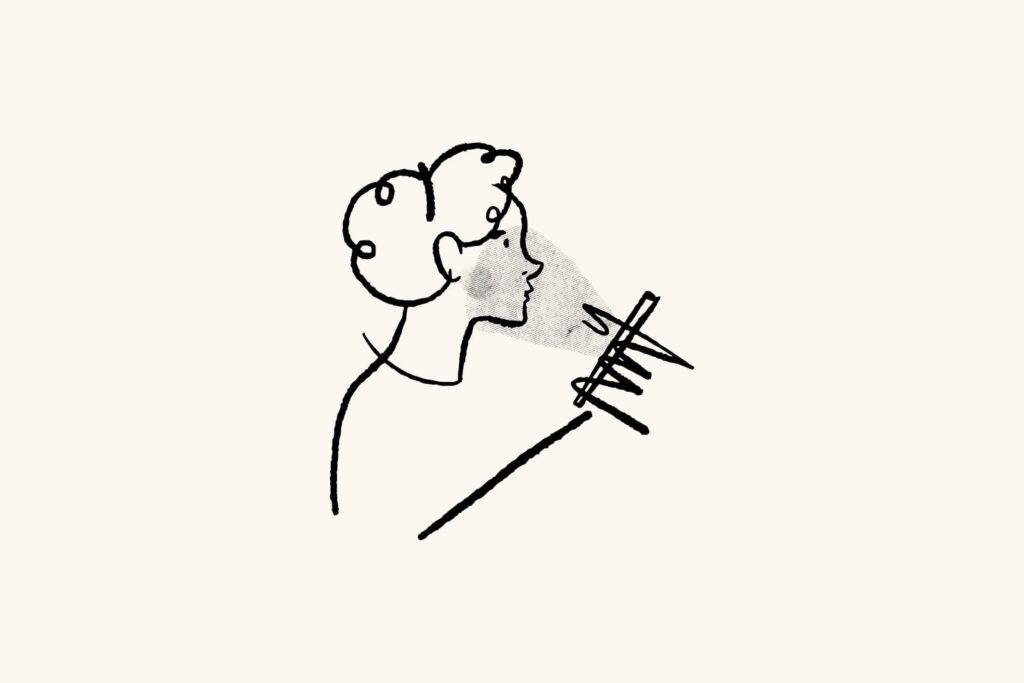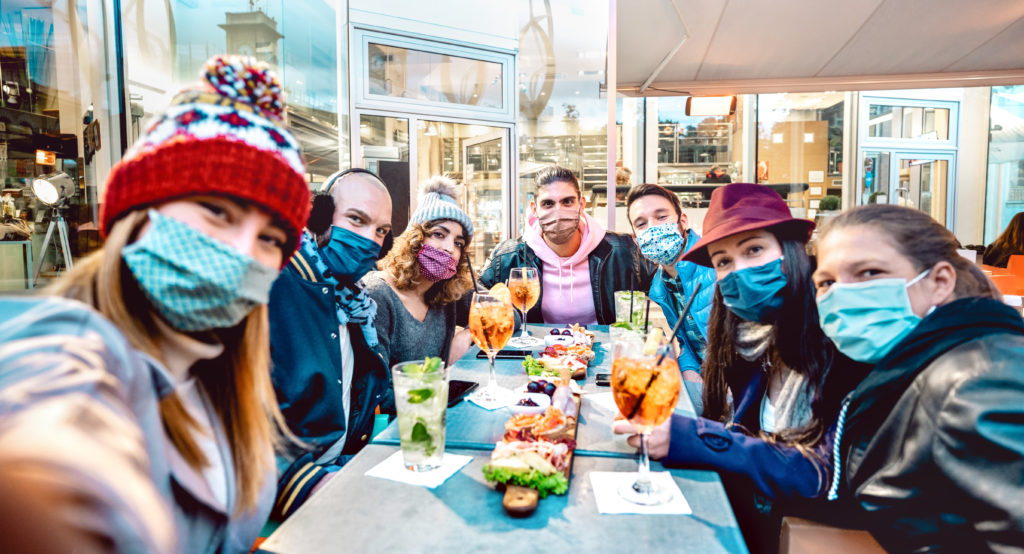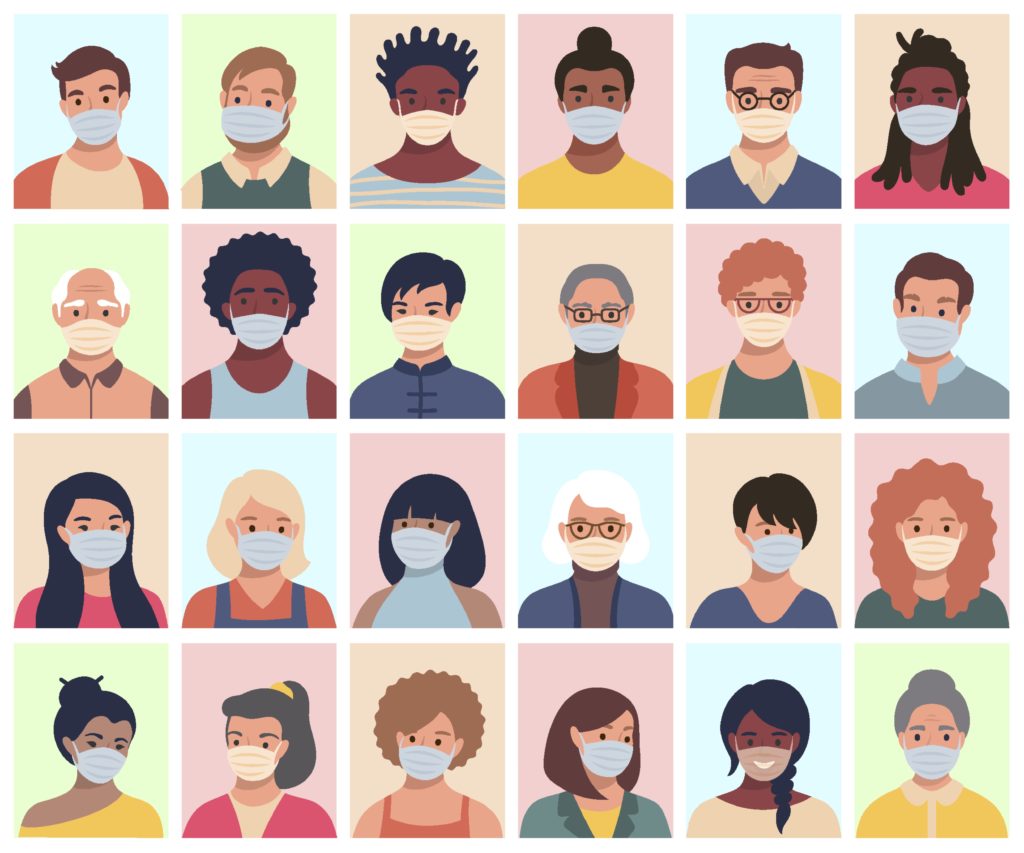Generation Z is growing up with a backdrop of a global pandemic. What could this mean for a group of young people finding their place in the world?
After studying the impacts of the housing crisis and subsequent economic hangover on millennials for the past decade, it’s fascinating, albeit terrifying, to sit in the midst of our current crisis and consider all the ways in which this could impact a new generation finding their place in the world.
For me and other “older” Millennials, it looked like this: Lehman Brothers had just collapsed and the economy was in free fall. On the phone with a friend, I remember laughing maniacally as I realized that everything I thought was going to happen as I launched into the world was not going to happen after all. It was senior year of college, and, like many college seniors, I had made plans for myself. Those plans were now on an indefinite hold.
That crisis would shape Millennial’s attitudes towards work, opportunity, government, money, social mobility, and much more.
This, right now, could be Generation Z’s defining moment. Young people were evacuated from college campuses, their newfound independence stripped away as many are relegated back to their childhood bedrooms. After canceled graduation ceremonies, they will almost certainly enter the workforce during a recession. A global pandemic will have claimed the lives of hundreds of thousands of people around the world (as of April 23rd, 165,000 lives have been lost), and life as they knew it will have changed.
It’s only in retrospect that we can we fully understand how moments like this alter society. After 9/11 there were many predictions about how that experience would shape millennials, and, like all predictions, some were right and some were way off. I explore how, years from now, this experience could shape Generation Z. The disclaimer I provide about all generational insight is to remember that each individual has their own experiences. I’m not looking at the experience of one person, I’m exploring how a pattern of behaviors could emerge as a result of communal experiences. Here are a few possibilities as it relates to Gen Z:
Coming of age in a crisis creates a search for stability
As of April 23rd, more than 26 million Americans have filed jobless claims in the last five weeks. For the oldest Gen Zers, their economic memories will be the 2008 recession and the aftermath of Covid-19. I think Gen Z will look for jobs with more stability. The freelance economy and startup culture can look glamorous during a good economy, but freedom and flexibility will take a backseat to reliable paychecks and health insurance. I think insurance, actuarial services, healthcare, biotech, law, education and engineering will be well positioned to capture talent as Generation Z enters the workplace. Industries with more volatile workloads will have to consider ways to reach a generation scarred by economic turmoil.
Gen Z could push for a new type of government
In November, a huge swath of Gen Z will be eligible to vote. For now the U.S. is waiting with bated breath to see if they’ll show up to the polls and, if they do, how they will vote. Lilliana Mason, associate professor of government and politics at the University of Maryland, and author of Uncivil Agreement: How Politics Became Identity, recently said in an interview with Politico, “The Reagan era is over. The widely accepted idea that government is inherently bad won’t persist after coronavirus. This event is global evidence that a functioning government is crucial for a healthy society.” Shivshankar Menon, fellow at Brookings India, former national security advisor to Indian Prime Minister Manmohan Singh said, “It is to the power of government that societies — even libertarians — have turned.” To expand on Singh’s point, I do think that people are looking to their governments to provide guidance during this crisis, but here in America, many are left disappointed.
Regardless of political leaning, many Americans are shocked by how unprepared we are for this moment. Healthcare shortages abound, a lack of testing, and inconsistent advice will take an enormous toll on the American people. We’ll have to wait and see about the effectiveness of the stimulus package. If Gen Z shows up to vote, they may look for politicians more focused on government solutions and, above all, the ability to create functioning institutions. In the democratic primaries, Generation Z overwhelming backed Bernie Sanders and I believe this pandemic will accelerate an allegiance to aspects of democratic socialism due to an increased demand for some form of universal basic income and universal healthcare.
The heroic guard is changing
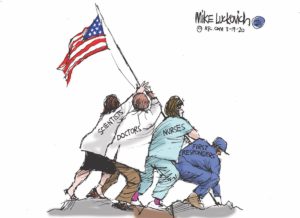
When studying generations and revisiting history, I ask myself, “Who were the heroes of this time?” During certain eras, the heroes of the cultural story are poets, artists, presidents, activists, soldiers or entrepreneurs. Perhaps for Generation Z, it will be the scientists and healthcare workers who risked their lives, or died, to save the rest of us.
I compare this with my own formative years as a millennial when disruptive tech entrepreneurs dominated the heroic storyline. My fellow graduates aspired to work in tech — particularly internet startups. I lived in Chicago as Groupon was taking off, and I had friends who were young, hopped up on startup adrenaline and convinced they were changing the world rather than selling half-off Brazilian waxes online. It was a wild time.
In some ways, Covid-19 has accelerated a trend we were already seeing: a souring perception of tech and Silicon Valley. Jeff Hammerbacher, Silicon Valley tech whiz, declared in 2011, “The best minds of my generation are thinking about how to make people click ads.” Nearly a decade later, the problem has only intensified. And now, here we are, in the midst of a global pandemic. We look at the analytical talent of the tech world’s engineers and mathematicians and we can’t help but ask, “What if those talents were put toward epidemiology, climate science, healthcare?”
The high status of tech jobs isn’t going anywhere because of the pay. Working on Wall Street remained high status even after the Recession. We’re not talking about the industries with the most status, we’re looking at the industries with noble stories because those stories can attract top talent. Tech used to have a noble story. It was for dreamers, innovators, and world-changing leaders. Covid-19 aside, that noble story has been reevaluated for many reasons. Today, it is the scientists, essential workers, doctors, and nurses who are responding to the cry of society. They are the heroes of the Covid-19 story and this could impact career aspirations for years to come.
Amateur experts will go extinct
“Those in authority must retain the public’s trust and the way to do that is to distort nothing, to put the best face on nothing, to try to manipulate no one.” — The historian John M. Barry in his 2004 book The Great Influenza.
Covid-19 and climate change, two defining events and conditions for Generation Z, are both scientific issues. This differs from war, terrorism, the Internet, mass transit, TV and countless other occurrences that shaped previous generations. You might think that the objectivity of science would rally people to a common solution, but, on the contrary, Gen Z is growing up in a time when science itself breaks down on party lines. In an NPR/PSB Newshour/Marist poll, the majority of Republicans believe the threat of Covid-19 is overblown and the vast majority of Democrats consider it a major threat. The majority of Democrats believe that more government action is needed in order to curb the effects of climate change; the majority of Republicans do not agree.
When the internet was young, we all thought we could be experts because we could look things up. Generation Z never thought that. A favorite insight from a recent interview with a 21-year-old is, “We all understand that the Internet makes you dumb.” Healthy skepticism of the surfeit of information and a revival of true expertise could emerge as one of this era’s silver linings.
A sneeze in Wuhan can shut down a school in Oklahoma
Generation Z is the first generation to be defined by truly global crises. Climate change, false information online, cybersecurity breaches, partisan politics, refugee migration, and now, Covid-19 are all problems that will require global cooperation to be solved. (The exception to this rule is school shootings. Gun violence is a uniquely American problem.)
Compare this to two major events shaping millennials: 9/11 and the Great Recession. Although both had major global implications, they were inherently American-centric experiences. Gen Z will have a better understanding about how interconnected we all are, economically and culturally.
We all have our “where were you when” moments. When JFK was shot, when we landed on the moon, when the Challenger exploded, when the second plane hit. The “where were you when” moment for Generation Z is shared across the world. This has the potential to create a generational camaraderie on a global scale never seen before. An opportunity exists for closeness to the international community.
A refocus on community
Some experts are predicting that Covid-19 will accelerate our move toward a more virtual life, that virtual happy hours, online education, in-home workouts, etc., could become the norm. I actually believe the opposite. What we are seeing right now are the limitations of the virtual space. Gen Zers are already accustomed to building and maintaining relationships online and will continue to do so, but, as Sonia Shah, author of Pandemic: Tracking Contagions From Cholera to Ebola and Beyond, predicts: “young people forced into seclusion will reshape the culture around a contrarian appreciation for communal life.”
I predict many young people, robbed of some adolescent rites of passage, will understand that a series of online lectures does not create a traditional college experience, a Google Maps tour of Florence isn’t studying abroad, and an online happy hour does not replicate a night out with friends.
I grew up taking gatherings for granted. Packed stadiums, crowded concerts, parties, and lively restaurants were not things I felt I needed to be grateful for. Generation Z is growing up with the backdrop of a pandemic, social distancing and quarantining. They will forever be shaped by this experience and perhaps be grateful for simple acts of togetherness.
